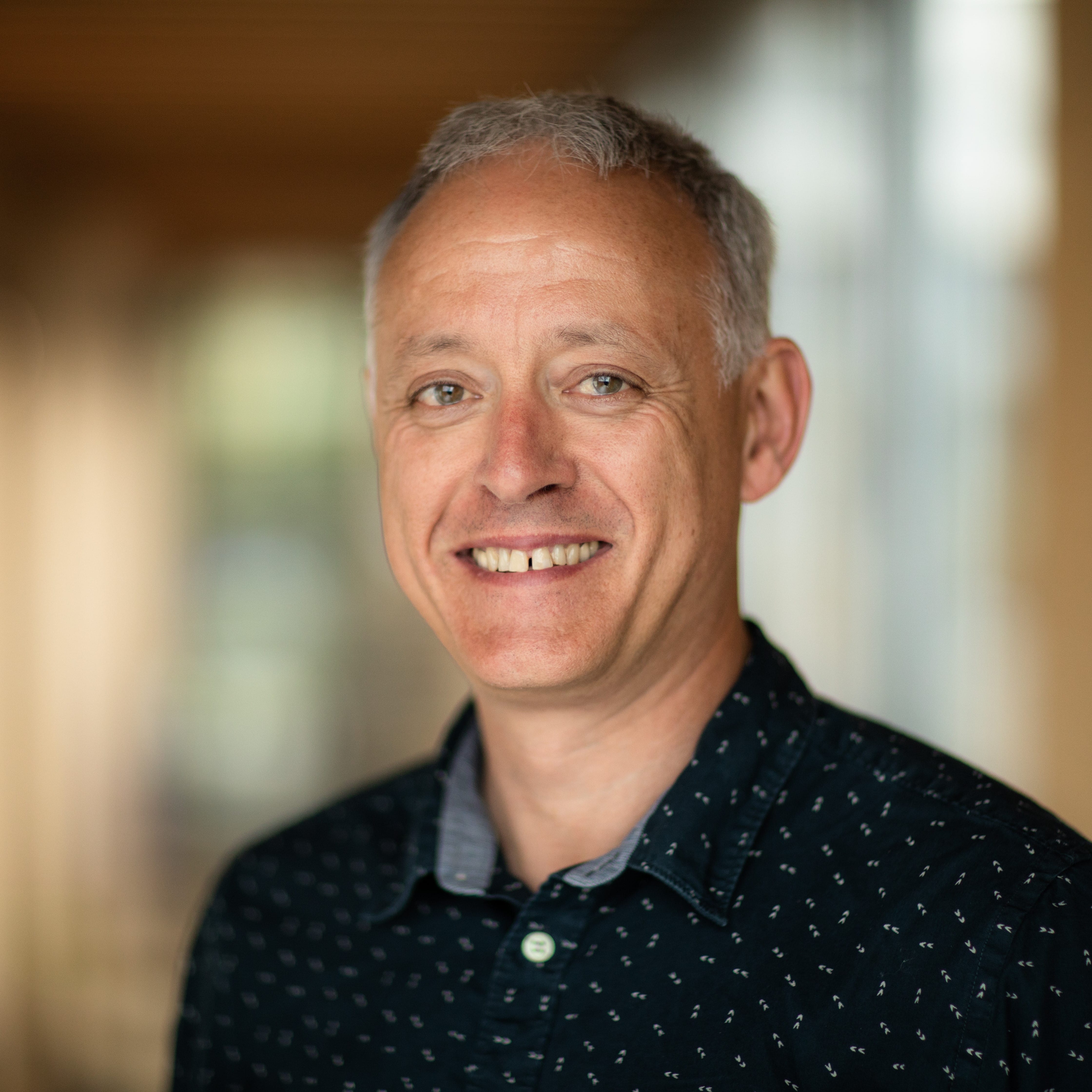
Marc Thompson
Senior Fellow in Strategy and Organisation
- marc.thompson@sbs.ox.ac.uk
Saïd Business School,
University of Oxford,
Park End Street,
Oxford
OX1 1HP
Profile
Marc Thompson is an expert on organisational change and is Academic Director of the Oxford-HEC Executive MSc Change Leadership.
He holds a BA (Hons) from Trinity College, Dublin, an MSc (Econ) from London School of Economics and a DSc from Aalto University.
He is a Governing Body Fellow at Green Templeton College, Oxford.
Marc’s research focuses on organisational change and how to develop more sustainable models of organising. He provides consultation to organisations and leadership teams undergoing change.
Expertise
- organising for sustainability and planetary health
- meaningful work
- strategic innovation and renewal
- leadership, ethics and change
- leadership development
- institutional change
- organisation theory
- pragmatist theory
- social science of change
- future of work
- high performance work systems
- systems change.
Marc is co-editor and contributor to the Oxford Handbook on Meaningful Work. His latest book, Opening Change: Organising for a Sustainable Future, will be published in 2024 by Bristol University Press.
A chapter on the ‘Laboratisation of Change’ won an award for outstanding scholarly contribution.
He presents a podcast series on change, The Change Pod.
Research
Marc's research activities are focused on:
- sustainable models of organising
- developing socio-ecological mindsets
- negotiating change in complex multi-stakeholder contexts
- experimental spaces for change
- purpose, practices and organisational change
- democratising organisations
- commoning practices and organisational change
- cooperation and conflict in change.
Publications
The Laboratization of change: what is it with labs and change these days?
- Chapter
- Research in Organizational Change and Development, Vol. 29
A Review of the Empirical Literature on Meaningful Work: Progress and Research Agenda(opens in new window)
- Journal article
- Human Resource Development Review
Bringing political economy back in: A comparative institutionalist perspective on meaningful work(opens in new window)
- Chapter
- The Oxford Handbook of Meaningful Work
The five paradoxes of meaningful work: introduction to the special issue ‘meaningful work: prospects for the 21st century’(opens in new window)
- Journal article
- Journal of Management Studies
Common Knowledge: The Missing Link in Hybrid Value Chains?(opens in new window)
- Chapter
- Working Relationally in and across Practices
Engagement
Marc engages with practitioners and policy makers through public speaking, seminars, press articles, workshops and teaching through executive education. He has worked with a range of international organisations on complex challenges such as UNWomen and UN Development Programme (UNDP) and supports leadership teams working through strategic change processes.
Teaching
At the School, Marc teaches on:
- DPhil programmes
- Executive MBA
- MBA
- MSc Change Leadership
- MSc Global Healthcare Leadership
He designs, directs and teaches on executive education programmes and has won awards for programme design. His teaching focuses on negotiation, organisational change and leadership.
